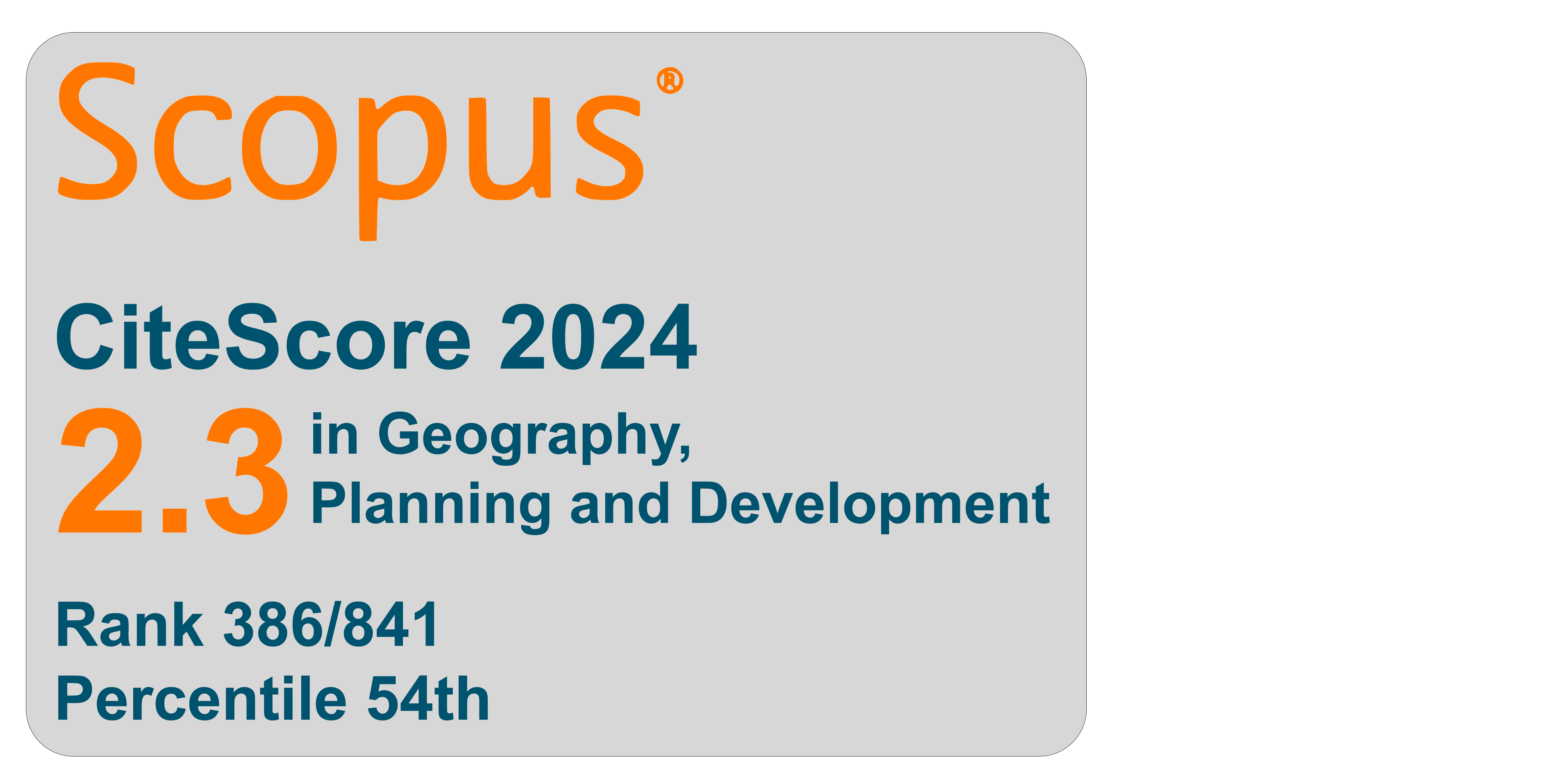About the effects of Covid-19 on solid waste management
DOI:
https://doi.org/10.6092/1970-9870/6904Keywords:
Environmental Protection, Solid Waste Management, Sustainable DevelopmentAbstract
Over the last months, spread of the SaRS Co-V 19 virus has been much more than a healthcare emergency. It overrun people’s life styles, society’s organizational models, welfare systems, the economy and business world, as well as solid waste management schemes. The critical issues that have emerged require actions to overcome the crisis, while paving the way to achieve sustainable development goals: in this view, the CoViD-19 emergency may represent an opportunity, as suggested by the International Institute for the Sustainable Development. This work discusses the impact of the CoViD-19 emergency on both the generation and the management of solid waste originating from both household and healthcare activities. Data about the amount of waste produced and associated ordinary handling procedures were gathered in order to highlight how both have been affected by the measures implemented to cope with the emergency. The vulnerabilities of the overall solid waste management system have been revealed, pointing out the need for a careful rethinking of possible avenues for future development.
Downloads
Downloads
Published
How to Cite
Issue
Section
License
Copyright (c) 2020 TeMA - Journal of Land Use, Mobility and Environment

This work is licensed under a Creative Commons Attribution-NonCommercial 4.0 International License.



